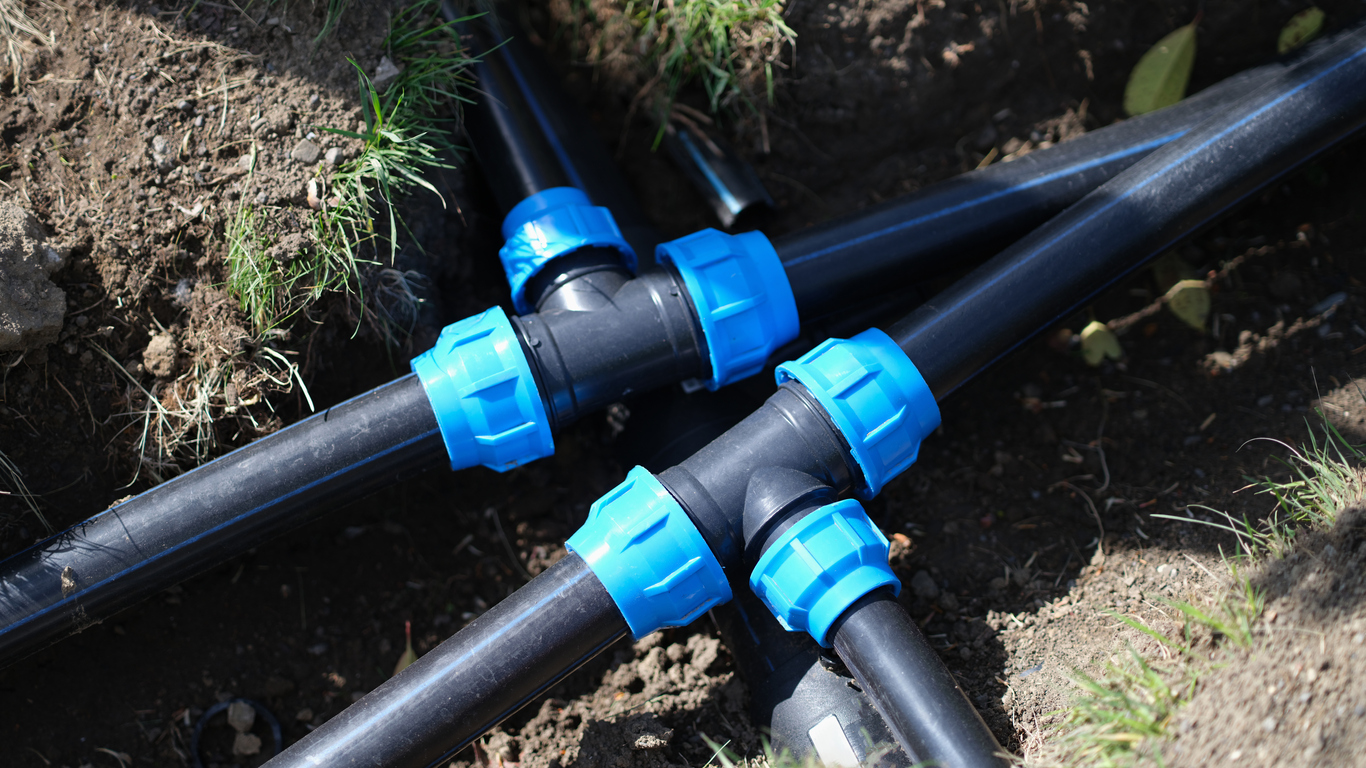
Agricultural professionals rely on drip irrigation systems to deliver nutrients and water to crops. This type of system is advantageous because it can conserve the nutrients found in soil, and it can also help farmers reduce water consumption. You may be wondering — can you use irrigation to test the water, and if so, what is irrigation water testing?
Irrigation Systems and the Benefits of Irrigation Insurance
Learn the answers to these questions and see why irrigation insurance is a substantial investment.
Why Irrigation Insurance Is Important
The agriculture industry isn’t necessarily known as a common litigation target, but a litany of liabilities affect this sector. If there is a clog or disruption in an irrigation system, for example, it can quickly jeopardize operations. To prevent this, agricultural professionals must invest in routine upkeep for their irrigation systems and obtain irrigation insurance. This policy protects professionals who use pipe cutters, excavators, and other tools that may incur risk.
How To Test Water Using Irrigation Systems
Clogs are among the most significant risk factors impacting irrigation insurance and businesses using a drip irrigation system. Unsustainable water sources can also compromise this type of system. To assess functionality, users can conduct a test using irrigation. Your clients must draw water from a well via a port or faucet to do this. After the irrigation pump runs for at least five minutes, users should collect another sample and deliver the water to a lab for analysis.
Test for Emitter Clogging and Contamination
If the water treatment program test results indicate a problem, emitter clogging may be the culprit. Emitter clogging occurs when a substance, such as sand or biological agents, gets clogged in the irrigation system. When solid particles from these substances get suspended in the system, it can damage the system beyond repair because the filters cannot adequately remove the contaminants. Furthermore, some chemical compounds can cause reactions that render fertilizers inert. Irrigation insurance is essential to minimize financial losses from irrigation system downtime.
Preventing Emitter Clogging in Irrigation Systems
The consequences of clogging can clearly be serious when it comes to maintaining a drip irrigation system. Your clients must implement an effective strategy for minimizing the chance of clogs and ensuring that their system continues functioning smoothly. An efficient way to do this is to inject certain acids into the irrigation system. Phosphoric acid, for example, can decide the pH levels in the water supply and reduce the likelihood of mineral precipitation in the process. Chlorination can have a similar effect.
Offer the Right Irrigation Insurance
Your clients in the agriculture sector face plenty of challenges in keeping their irrigation systems running. When issues arise, conducting irrigation water testing is an effective way to pinpoint the source of the problem. Encourage your clients to proactively maintain their drip irrigation systems by investing in preventive measures such as chlorination and acidic treatments. In conjunction with irrigation insurance, it will give your clients the protection they need.
About Watercolor Management
Watercolor Management has insured the water industry for over 30 years. Our policies include unlimited defense cost coverage in the event of a lawsuit against you. Call us at (855) 929-0824 or email info@watercolormanagement.com for a quick quote for your Water Business Professional, Products/Completed operations, Pollution, and General Liability Insurance.




